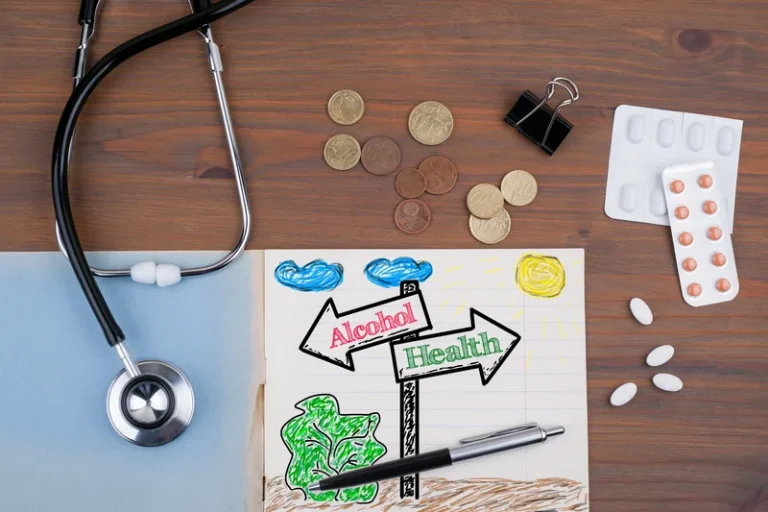
If any of these factors are slightly off, bruising can occur more easily. Sometimes a tendency to bruise runs in families, and women tend to bruise more easily than men. For most people in this situation who don’t have any other symptoms, bruising easily isn’t problematic or tied to any serious health issues. Typically, people with bleeding disorders will experience other symptoms in addition to bruising, such as nosebleeds and bleeding from the gums. Bleeding disorders are genetic conditions that are diagnosed with blood tests. In addition to easy bruising, bleeding disorders can cause frequent nosebleeds, heavy periods, and bleeding that does not stop after 10 minutes.
Think you have a drinking problem?

So when you drink alcohol and injure yourself, you can be left with a bigger, more noticeable bruise than you might see while sober. Older adults who smoke are more prone to easy bruising compared to those who don’t, says Dr. Allison-Ottey. “Persons with poor nutrition and imbalanced diets can bruise more easily,” says Dr. Allison-Ottey.
- Meanwhile, a vitamin K deficiency might translate into black stool and blood clots underneath the nails, in addition to being more susceptible to bruising.
- Without a vitamin K injection at birth, babies may bruise easily or bleed excessively.
- As people get older, the skin becomes thinner and loses some of the protective fatty layer that helps cushion blood vessels from injury.
- Chronic alcohol misuse has a negative effect on every system of the body.
- “Too much pressure on the vessels from body weight can cause blood to escape from them,” Nagler says.
- That said, it’s still important to eat a healthy, well-balanced diet containing plenty of vitamin C, vitamin K, and other important nutrients.
Why Do I Bruise So Easily? 14 Possible Causes
People with heavy periods, who are pregnant or have gastrointestinal disorders are most at risk of not getting enough iron. When there’s not enough hemoglobin to go around, the body’s red blood cells aren’t able to function properly. Because they act as the do you bruise easier when drunk body’s oxygen-delivery service, your cells won’t receive enough oxygen to thrive, making your skin more susceptible to bruising. Most bruises happen when you suffer an injury that fails to break the skin, but crushes the small blood vessels underneath.
Blood thinners

This causes skin to become thinner and more fragile, making it more prone to bruising, explains Sharon Allison-Ottey, MD, a geriatrician and member of the HealthyWomen Women’s Health Advisory Council. Bruises form when blood vessels beneath the skin rupture and the blood leaks into the surrounding area. Usually, this is caused by some form of trauma like falling, bumping into a door, or experiencing a blow while playing sports. “Bruises can itch as they are healing because the body’s immune system is breaking down the bruise,” says Dr. Sulewski.
- “In the case of too few platelets, the body won’t be able to control bleeding after experiencing physical trauma,” Dr. Johnston says.
- Certain dietary supplements, such as ginkgo biloba, also can increase bruising risk due to a blood-thinning effect.
- Liver cirrhosis is linked to bleeding complications and can even lead to the formation of a large type of bruise called a hematoma.
- The typical recommendation is to stick to 1-2 drinks per hour.
Platelet Function Disorders
These bruises from sun damage usually don’t cause any pain or soreness. Vitamin C is essential to healing and collagen formation, and when you’re not getting enough of it, you may start to bruise easily. Also, if you have multiple, unexplained bruises or a bruise that keeps returning to the same area, your doctor may order tests to pinpoint the cause. Tests may include X-rays to check for bone fractures and blood tests to check for clotting disorders and vitamin deficiencies.
Sign up for free and stay up to date on research advancements, health tips, current health topics, and expertise on managing health. The symptoms will be present from birth and can affect babies and young children. Additionally, research has shown that alcohol may alter the composition of helpful microorganisms in your gut. These organisms play a crucial role in your gut and immune system function.
